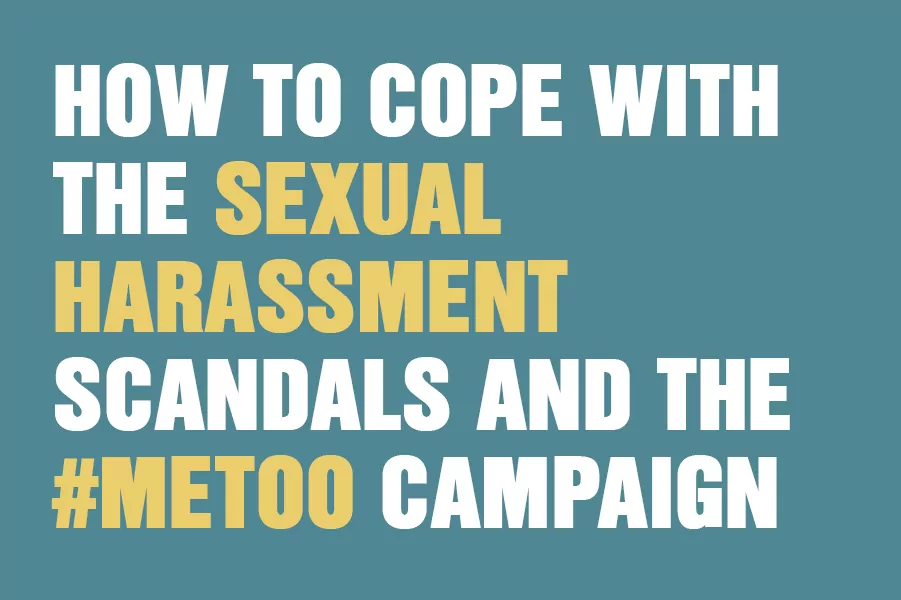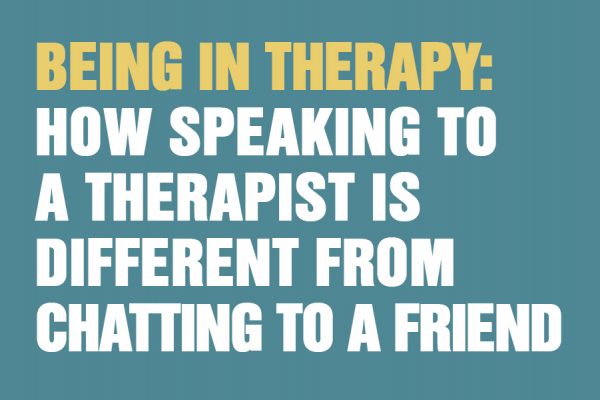And, if you are, what is the problem with that? You might think that being a perfectionist is a good thing because it gets you closer to reaching your goals and being flawless, but actually your quest for ‘perfect’ can cut you off from a lot of really good things and lead you into depression and anxiety.
If you feel a need for everything you do to be done perfectly, are a hard taskmaster who refuses to accept anything less than ‘perfect’, and at times do this to the detriment of your own health and wellbeing then you are a perfectionist. In psychological terms, perfectionism is a personality trait characterised by a constant striving to reach the highest of standards and for faultless behaviour. This is accompanied by a very harsh, critical view of yourself and heightened concern about the evaluations others might be making of you, even an expectation of criticism from yourself or others.
Twelve signs that you are a perfectionist:
- You have a very low tolerance for mistakes. If you see something wrong, you will be the first to jump on it and correct it.
- Everything has to be done a certain way, you feel very uncomfortable if things are done differently or ‘imperfectly’ and your family, friends and colleagues can be puzzled by how very specific you are about how tasks need to be completed.
- You are very ‘all-or-nothing’: if you cannot do it well you don’t want to do it at all.
- No matter how much time, effort, imagination or skill has gone into something if the end result isn’t exactly what you wanted you feel that it, and you, have been damaged or destroyed and you cannot see any value in the work done.
- You are extremely hard on yourself, quick to beat yourself up and even the tiniest mistake can make you feel extremely bad about yourself for a very long time.
- If a goal is not reached you become depressed, and the self-punishing, self-blaming ‘what if’ thoughts churn around.
- You set your sights very high even though the targets you set yourself cause you a lot of stress.
- The stress and difficulty around constantly having to reach your high standards lead you to procrastinate out of fear that you can’t reach these standards.
- Success in reaching one of these goals does not provide relief or release or joy because there’s always something else to be done and your internal taskmaster selects another height or an even bigger goal to aim for.
- You wait for the ‘right moment’ or the correct conditions in which to do things, but it never seems the right time and procrastination becomes the norm. Again this ramps up your stress and anxiety because you are not doing what you ‘should’ be doing.
- It feels as though you are constantly picking up on errors in things when others are more relaxed about them or don’t see them.
- This attention to detail and aiming for ‘perfection’ can lead to you sacrifice social and leisure commitments, ‘me time’ and even the time you could be sleeping.
Why are you a perfectionist?
We all grow up in an environment where success is celebrated and mediocrity or failure is frowned upon or punished. In the face of parents, family members, teachers or others who reward success and punish or shame you for non-conformance or lack of effort, we learn to take in these values and drive ourselves, and judge ourselves, in the same way. As a result our lives become an endless report card of accomplishments. All the effort that goes in to avoiding failure becomes exhausting and means that you can never, or seldom, be your spontaneous, natural self so there is no respite and your general wellbeing starts to suffer.
How can you tackle your perfectionism?
You need to almost rewire your brain so that you can tackle both the internal taskmaster that keeps you aiming for ‘perfect’ and the harsh critical voice that comes in to attack you if you don’t ‘get things right’. For example start thinking:
If you make a mistake, get something wrong or things don’t go perfectly this does not make you a failure it just means something went slightly awry. Most mistakes are small and of very little consequence in the general scheme of things.
Aiming for a good result, doing your best at something, rather than for grade A perfection does not make you a failure, and it might even free you up to achieve more and enjoy doing it.
Beating yourself up about things you feel you should have done or ought to have got right is a waste of energy. It would be so much better to give yourself the space to think about what you did, learn from any mistakes and move on.
Be realistic and recognise that sometimes, however much you should or ought to achieve something, it might not be the right thing for you at this moment in time. So, be honest and eliminate the tasks you don’t really want to do.
Recognise your inner taskmaster and the harsh punishing voice when they start up and try to take them on a little — they don’t always know best, and if you can give yourself the time and space to think about the kind of person you really want to be, rather than ought to be, then you have a much better chance of getting there.
I am aware that the above list looks very simple, but that it will not be so easy to achieve. Our counsellors and psychotherapists report that they often tell their clients: “You have had these thoughts and have been thinking this way for a very long time, so it can take some time to modify and change that way of thinking.”
If you feel you need to talk to a qualified professional in a safe, non-judgmental environment, call 020 8673 4545 or email [email protected] and the Front of House team will book an appointment with one of our therapists. We have centres in Clapham and Tooting.







